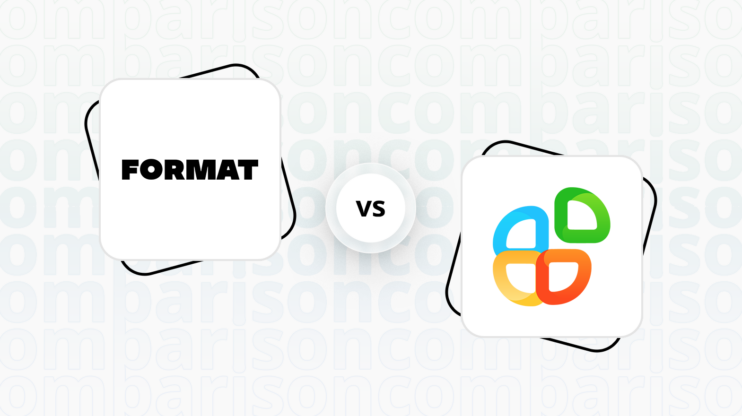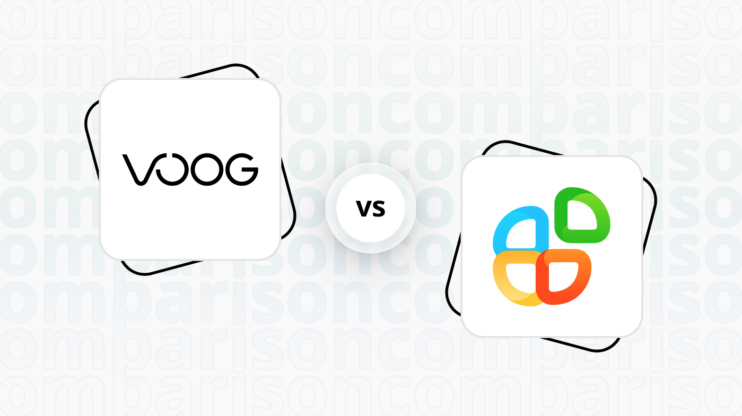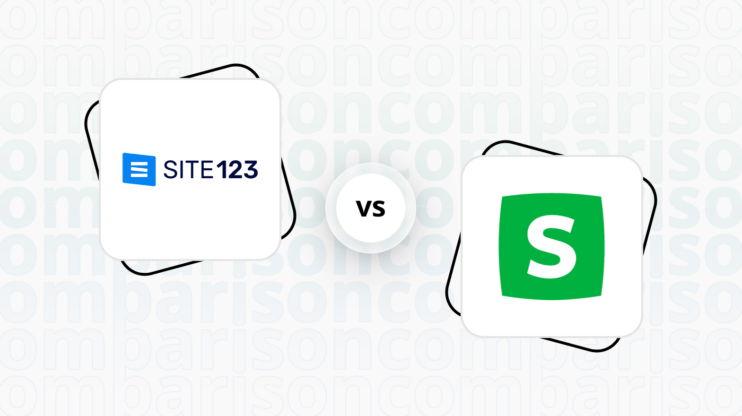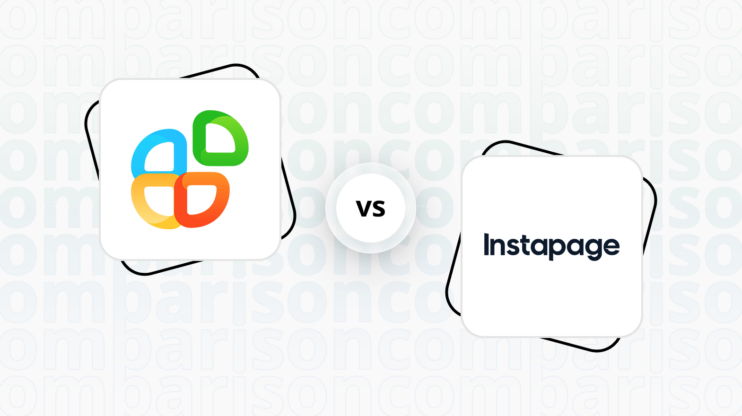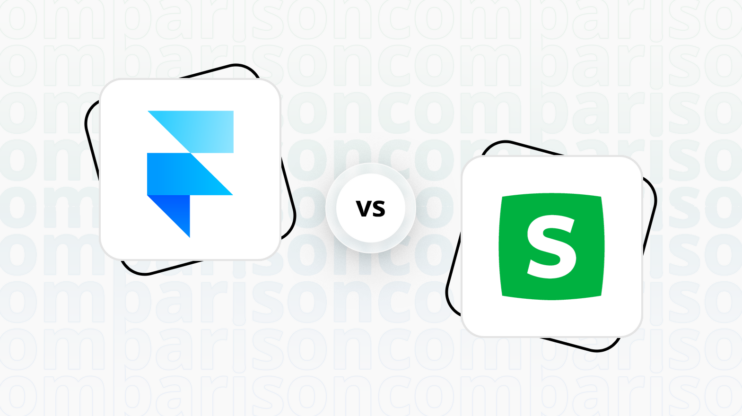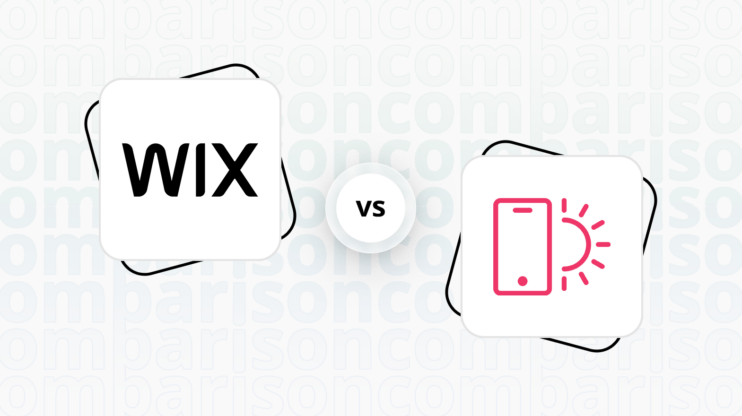Final verdict
Tilda and SubHub both offer unique features tailored to different user needs, but they cater to slightly different audiences.
-
Tilda (Overall Grade: 6.7/10)
excels in providing a versatile website building experience with a focus on design and visual content. It is ideal for bloggers, small businesses, and digital marketers who need a platform that offers a wide range of customizable templates and integrations. Tilda’s ease of use, design functionalities, and comprehensive marketing tools make it a strong choice for users looking to create visually appealing websites without coding skills. -
SubHub (Overall Grade: 5.6/10)
is specifically designed for creating and managing membership sites. It offers tools tailored for content creators and entrepreneurs who aim to build a community and monetize their content. While it may lack some advanced features found on other platforms, SubHub’s focus on ease of use, customer support, and membership management makes it a suitable option for those looking to start or grow a membership-based business.

|

|
|
|---|---|---|
|
Design functionalities & templates |
8.6 |
6.8 |
|
Ease of use |
8.0 |
7.7 |
|
Ecommerce |
7.2 |
5.9 |
|
Website Editors |
8.0 |
6.9 |
|
Product testing options |
5.9 |
7.0 |
|
Price |
8.0 |
6.8 |
|
Hosting quality |
6.2 |
5.5 |
|
Website speed optimization |
4.9 |
5.6 |
|
Plugins and integrations |
7.6 |
5.7 |
|
Marketing features |
6.9 |
5.7 |
|
Customer support |
5.5 |
6.3 |
|
Security |
7.6 |
4.0 |
|
AI capabilities |
2.1 |
0 |
|
User Management |
7.3 |
5.2 |
Best for ecommerce
 7.2
7.2
 5.9
5.9
Verdict
: Tilda is more versatile and feature-rich for ecommerce, while SubHub is tailored for membership-based businesses with basic ecommerce needs.
-
Tilda
: Tilda excels in providing a comprehensive ecommerce solution with features like product catalogs, payment gateways, and built-in CRM tools. It is ideal for small businesses and digital marketers looking to create visually appealing online stores without coding. With a score of 7.2, Tilda offers a balanced mix of design flexibility and ecommerce functionalities, making it a strong contender in the Tilda vs SubHub comparison. -
SubHub
: SubHub is designed for content creators and entrepreneurs focusing on membership sites. While it supports basic ecommerce features like PayPal and Stripe integration, it lacks the depth and versatility of Tilda. Scoring 5.9, SubHub is best suited for those who prioritize membership management over extensive ecommerce capabilities.
Best for informational & business websites
 8.4
8.4
 7.2
7.2
Verdict
: Tilda is the superior choice for creating visually appealing and versatile informational websites, while SubHub is more specialized for membership-based sites.
-
Tilda
: Tilda excels in providing a wide range of design functionalities and templates, making it ideal for bloggers, small businesses, and digital marketers. Its intuitive drag-and-drop interface and focus on typography and visual content allow users to create professional-looking websites without coding skills. Tilda’s integration with various services for analytics, email marketing, and payment solutions further enhances its versatility, making it a strong contender for informational and business websites. Tilda’s score: 8.4. -
SubHub
: SubHub is tailored for creating and managing membership sites, offering tools for content creators and entrepreneurs to build a community and monetize their content. While it provides customizable templates and a user-friendly platform, it lacks the design flexibility and range of third-party integrations found in Tilda. SubHub’s focus on ease of use and efficiency makes it suitable for those looking to start or grow a membership-based business, but it may not be the best choice for purely informational websites. SubHub’s score: 7.2.
Detailed comparison
Design functionalities & templates
Design FunctionalitiesRepresents how well each platform allows for creative design and customization of websites.Score Components:
- Template Variety (30%): Range and quality of design templates.
- Customization (30%): Flexibility and options for design alterations.
- User Interface (20%): Ease and intuitiveness of the design process.
- Responsiveness (10%): Adaptability to different devices and screen sizes.
- Innovation (10%): Unique design features and tools.
 8.6
8.6
 6.8
6.8
🏆
Winner: Tilda.
Tilda offers a wider range of design functionalities and templates, making it a more versatile choice for users.
Tilda offers a diverse selection of design templates suitable for various types of content, all crafted by professional designers. These templates emphasize gorgeous typography, minimalist blocks, and striking images. Users have the flexibility to modify any template significantly or even start from scratch, ensuring the final website can meet a wide range of design preferences and requirements.
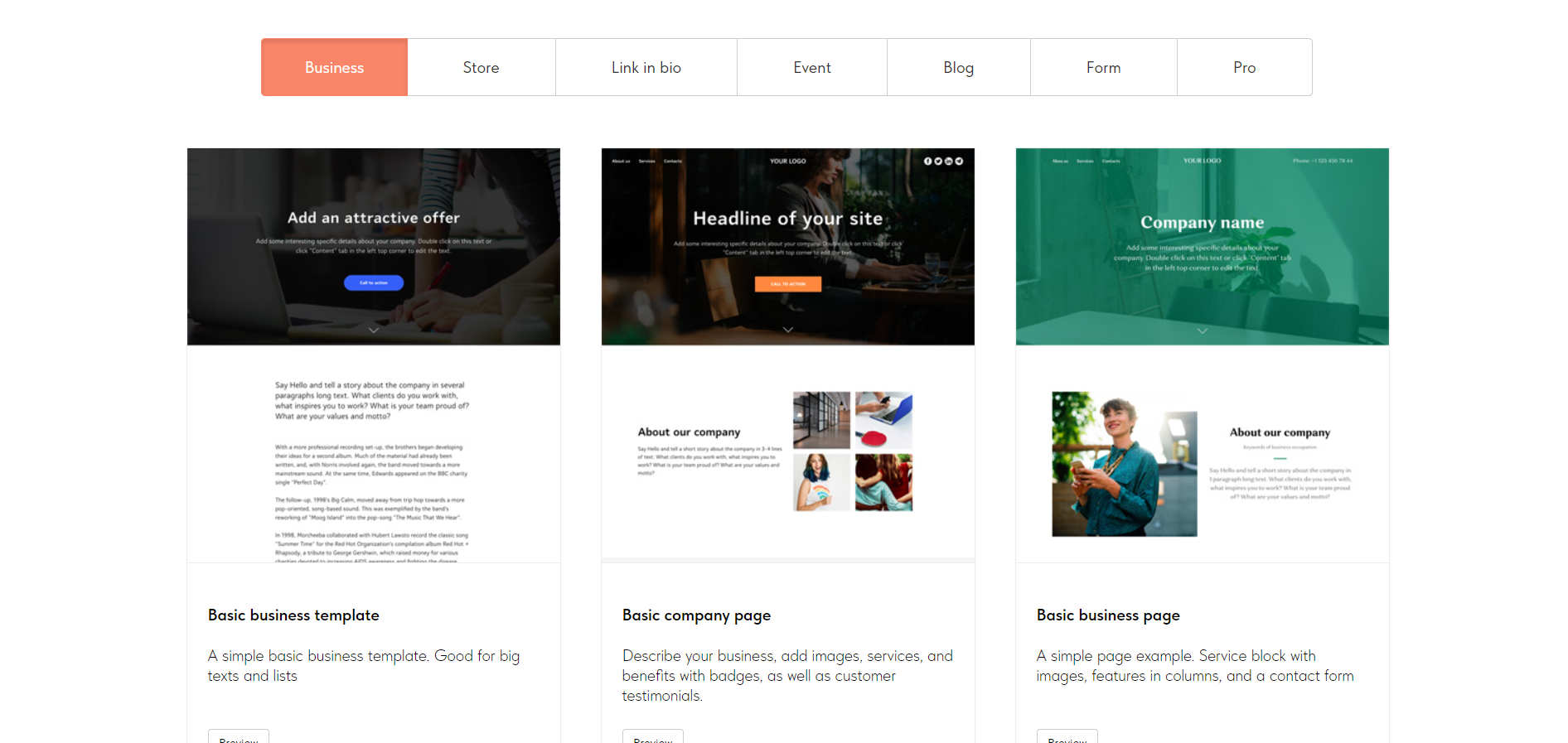
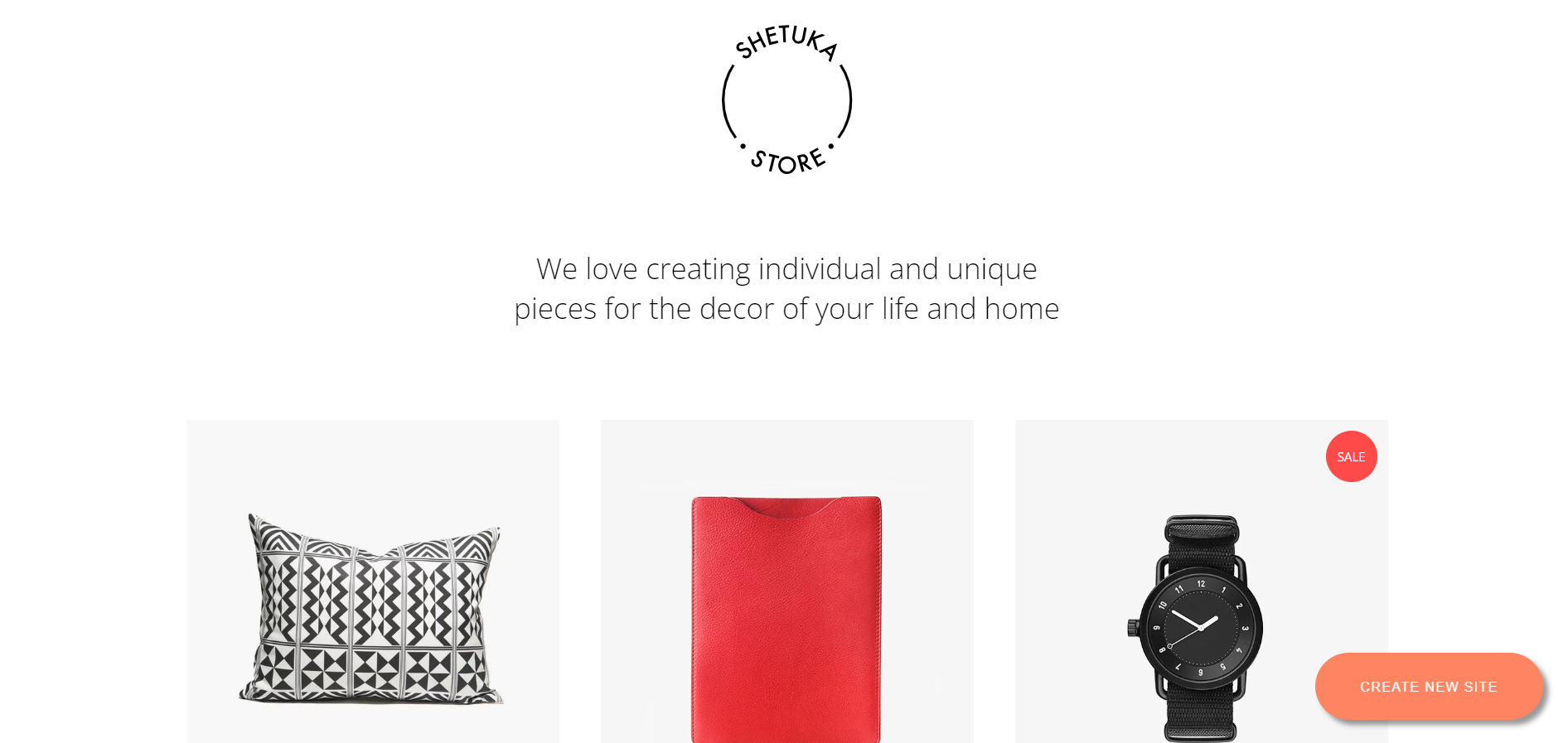
On the other hand, SubHub offers a variety of customizable membership website templates designed to cater to different needs and themes. There are 14 specifically themed templates available, each designed to help users jump-start the design of their membership website homepages. These templates are fully customizable, allowing users to modify layouts, add or remove sections, and tailor content to fit their brand, ensuring flexibility in the design process.
Get a head start on website creation with AI
Create a custom website tailored to your business needs 10X faster with 10Web AI Website Builder!
Ease of use
Ease of useReflects the platform’s overall user-friendliness.Score
Components:
- Learning curve (40%): Quickness and ease of getting started.
- Interface design (30%): Simplicity and intuitiveness of layout.
- User guidance (20%): Quality of tutorials and support.
- Flexibility (10%): Adaptability to various user skills.
 8.0
8.0
 7.7
7.7
🏆 Winner: Tilda
. Scoring 8.0, Tilda is known for its intuitive drag-and-drop interface and a wide range of modern, responsive templates suitable for various industries. SubHub, with a score of 7.7, offers a user-friendly platform designed for building membership websites and online courses, but it may lack some advanced features found on other platforms. If ease of use is a priority, Tilda is the clear winner in this category.
Learning Resources
🏆 Winner: SubHub
. While both platforms offer solid learning resources, SubHub goes a step further with its comprehensive FAQ section within the user dashboard, providing answers to common questions and guidance on utilizing the website builder’s capabilities. Customer support is accessible via a ticketing system and, for more immediate assistance, premium phone support, ensuring users have the necessary help at every step of their website creation and management process.
For ecommerce
EcommerceMeasures the platform’s effectiveness in supporting online business activities.Score Components:
- Ecommerce themes and templates (20%): Variety and design of templates.
- Product management (25%): Ease of managing and organizing products.
- Payment options (25%): Variety and convenience of payment methods.
- Ecommerce features (20%): Features for managing an ecommerce store.
- Integration (10%): Compatibility with external e-commerce tools and services.
 7.2
7.2
 5.9
5.9
Tilda and SubHub both offer ecommerce capabilities, but they cater to different needs. Tilda is a versatile tool for building and managing online projects, including online stores. It offers a user-friendly platform with features like ready-made templates, various payment system integrations, and SEO optimization. On the other hand, SubHub is designed specifically for creating and managing membership sites, offering tools tailored for content creators and entrepreneurs who aim to build a community and monetize their content.

|

|
|
|---|---|---|
|
Ecommerce themes and templates |
6.5 |
3.0 |
|
Product page customization |
7.0 |
6.5 |
|
Payment processing and commissions |
7.5 |
7.0 |
|
POS capabilities |
0.0 |
0.0 |
|
Payment gateways |
7.8 |
6.0 |
|
Product numbers |
6.0 |
5.0 |
|
Additional ecommerce features |
6.5 |
4.5 |
Tilda ecommerce features:
- Product Catalogs and Inventory management
- Payment Gateways integration
- Shipping options
- Order management
- Built-in CRM and marketing tools
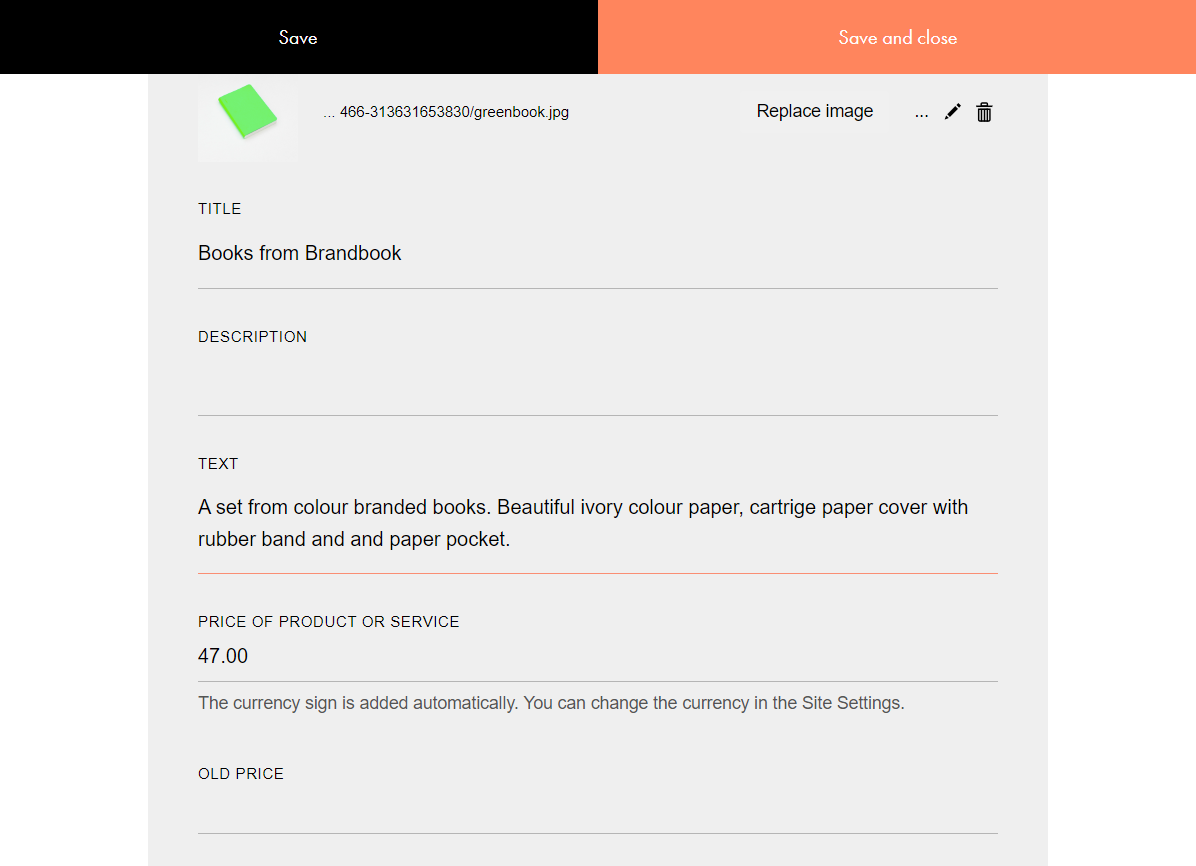
SubHub ecommerce features:
- Paypal and Stripe integration
- Physical and Digital product listings
- Pay-per view products
Ecommerce themes & templates
Tilda allows users to build their eCommerce sites using around 20 ready-made online store templates, emphasizing ease of use and the ability to create a store without needing coding or web design skills. The platform focuses on providing a seamless online shopping experience, enabling features such as adding items to the cart, viewing product specifications, customizing additional services like delivery, and choosing payment methods. On the other hand, SubHub does not offer ecommerce specific templates.
Product page customization
Tilda enables a wide range of customizations for product pages in online stores, including the design, e-commerce functionalities, and integration with external services. Features like product variants, delivery options, promotional codes, and diverse payment system integrations allow for a personalized shopping experience. Additionally, Tilda offers content personalization to cater to different customer preferences and backgrounds, enhancing the overall user experience.
SubHub offers a range of product page customization options, allowing for the addition of physical items, digital downloads, and pay-per-view content. Features include the ability to manage product variants, upload images, and set visibility preferences. Users can also implement SEO strategies through meta tags and manage tax settings. Additional functionalities include member-specific discounts, image carousels, and individualized shipping costs.
Payment processing
When it comes to payment processing, Tilda supports a variety of popular payment systems such as Stripe, PayPal, and 2Checkout, allowing for easy integration to accept online payments. Tilda does not impose additional transaction fees beyond those of the payment gateways themselves. Tilda does not have POS capabilities, Tilda’s focus is on online transactions and e-commerce functionalities, with flexibility for “Cash on Delivery” options.
SubHub supports two main payment gateways: Stripe and PayPal. These integrations allow for secure payment processing for subscriptions and store items using debit or credit cards. The platform itself does not charge commissions on transactions.
Website Editors
Website EditorsEvaluates the platforms’ website building and editing capabilities.Score Components:
- Customization tools (40%): Range and power of editing features.
- Editor usability (30%): User experience within the editor.
- Design flexibility (20%): Freedom in layout and design changes.
- Update and maintenance ease (10%): Simplicity of updating and maintaining the site.
 8.0
8.0
 6.9
6.9
🏆
Winner: Tilda
. Tilda, with a score of 8.0, offers a user-friendly, block-based design approach that simplifies the process of creating websites without requiring in-depth coding knowledge. It features advanced customization options through its Zero Block feature, allowing for detailed control over design elements for those needing more specific layouts. The platform supports responsive design, ensuring websites are optimized for all devices, and includes built-in SEO tools, analytics, and a range of integrations with third-party services for extended functionality.
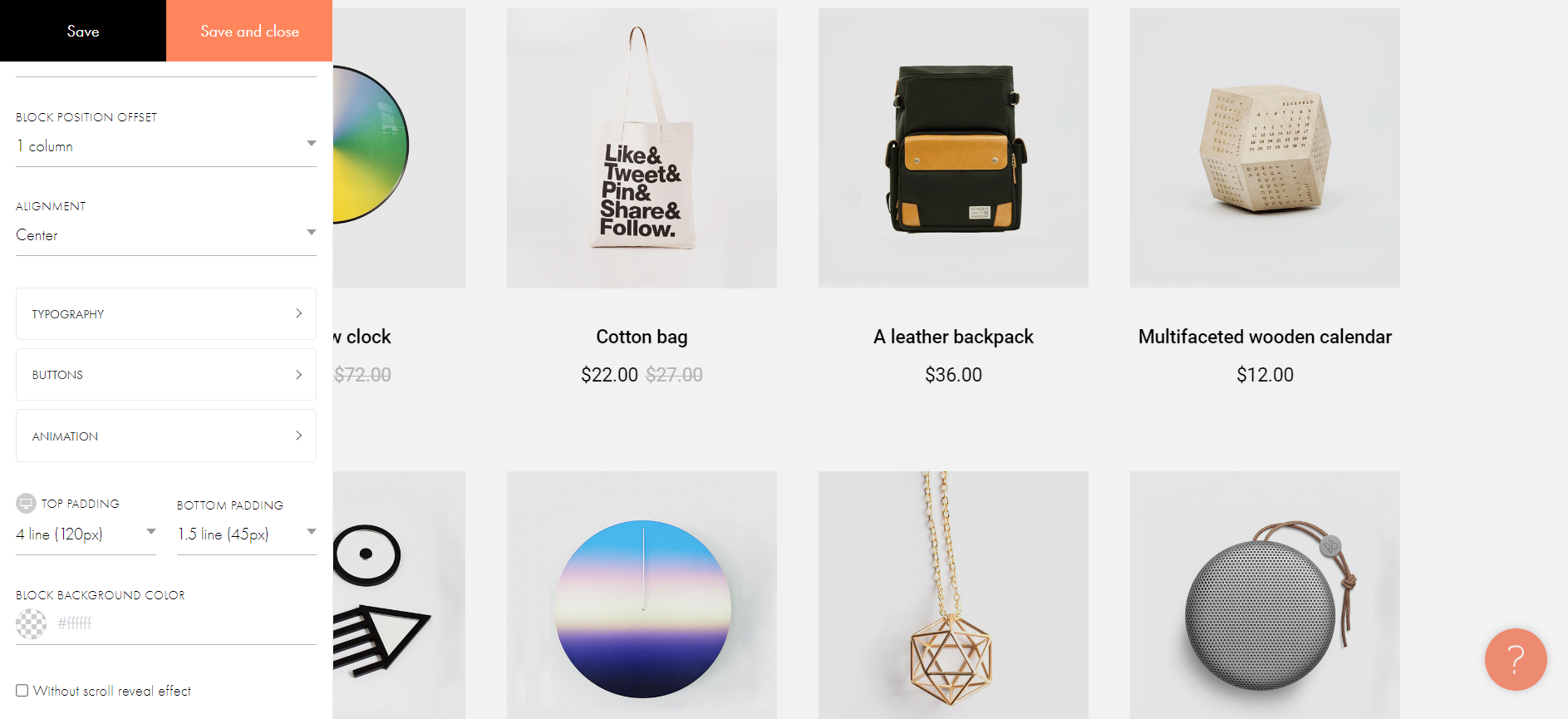
SubHub’s editor, scoring 6.9, is tailored for creating and managing membership sites, catering to content creators and entrepreneurs aiming to monetize their offerings. Its features encompass customizable templates, diverse content publishing options, and flexible subscription plans with seamless integration for recurring revenue through payment processors. However, it faces limitations in customization options and the range of third-party integrations.
Mobile editor/app
 5.5
5.5
 4.0
4.0
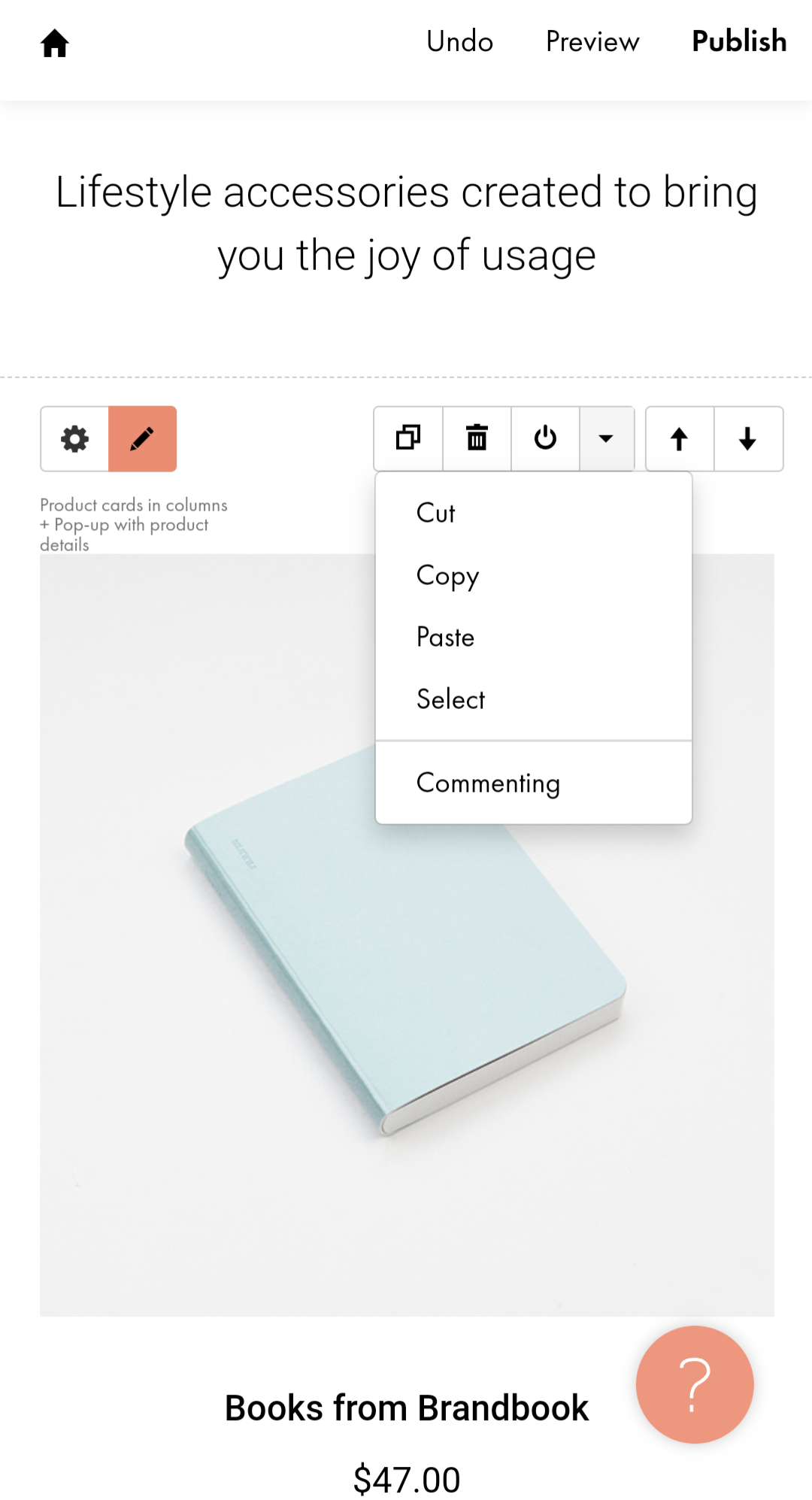
🏆
Winner: Tilda
. Both Tilda and SubHub do not have a dedicated mobile editor app, but they allow users to manage and edit their websites using the mobile browser version of the editor. However, SubHub does not allow users to change the layout and design of the website on mobile. This limitation can be a significant drawback for users who want to make substantial changes to their website on the go.
On the other hand, Tilda allows users to manage and edit their websites, including the layout and design, using the mobile browser version of the editor. This flexibility can be a significant advantage for users who want to make changes to their website on the go.
Based on the mobile editor scores, Tilda has a higher score than SubHub, indicating that it provides a better mobile editing experience. Therefore, Tilda is the winner in this category.
Product testing options
Product Testing OptionsAssesses the options for trying out platform features before commitment.Score Components:
- Trial quality (40%): Extent and usefulness of the trial or free version.
- Feature accessibility (30%): How many features are available to test.
- Trial duration (20%): Length of the trial period.
- Ease of transition (10%): Smoothness of moving from trial to paid plans.
 5.9
5.9
 7.0
7.0
Overall Result
:
SubHub Wins
. SubHub scores 7.0, offering a 14-day free trial and a 7-day money-back guarantee. During the free trial, users can test premium features. Tilda, scoring 5.9, offers a free version where some features can be tested, but it lacks a trial version and a money-back guarantee.

|

|
|
|---|---|---|
|
Free Plan |
Yes | No |
|
Trial Duration |
No |
14 days |
|
Testing Premium Features |
Some features with free plan |
During the free trial |
|
Money Back Guarantee |
No |
7 days |
Price
PriceLooks at the cost-effectiveness and value for money of each platform.Score Components:
- Plan value (40%): What each pricing tier offers.
- Transparency and clarity (30%): Clearness of pricing structures.
- Flexibility of plans (20%): Range of options to suit different budgets.
- Hidden costs (10%): Additional expenses not included in the plan.
 8.0
8.0
 6.8
6.8
Tilda offers more affordable options compared to SubHub, but SubHub provides more features tailored for content creators and entrepreneurs who aim to build a community and monetize their content.

|

|
|
|---|---|---|
|
Free |
Free ($0/month): Tilda’s Free plan allows for 1 website with up to 50 pages per website and 50 MB of space per project. It includes a free subdomain on tilda.ws, responsive design on all devices, basic animations, a built-in image and icon library, and Tilda CRM. |
No offering at this amount. |
|
$10-$20 |
Personal ($15/month): The Personal plan offers 1 website with up to 500 pages and 1 GB of space. It includes all features of the Free plan plus the ability to connect a custom domain, advanced animations, full access to the Block Library, analytics, SEO tools, and online store capabilities. Value for price: 7.5 |
No offering at this amount. |
|
$25-$50 |
Business ($25/month): The Business plan expands capabilities to 5 websites per account, each with up to 500 pages and 1 GB of space, including source code export and API access. It builds upon the Personal plan features with additions suitable for more extensive business needs. Value for price: 9.0 |
Starter ($47/month): Up to 500 members, 5 GB storage, secure payment processing, course builder, 5 landing pages, e-commerce. Value for price: 6.5 |
|
$90-$100 |
No offering at this amount. |
Pro ($97/month): Up to 2000 members, 50 GB storage, removes SubHub branding, 15 landing pages, along with Starter features. Value for price: 7.5 |
|
$100+ |
No offering at this amount. |
Premium ($147/month): Unlimited members, 200 GB storage, email white labelling, 30 landing pages, plus all Pro features. Value for Price: 8.5 |
location. As a result in rare cases the prices displayed here can differ from the ones you see on their
websites.
Hosting quality
Hosting
qualityExamines the reliability and performance of the hosting solutions.Score Components:
- Uptime (40%): Consistency and reliability of website availability.
- Speed (30%): Loading times and performance.
- Bandwidth and storage (20%): Sufficiency of resources provided.
- Data centers (10%): Quality and distribution of hosting infrastructure.
 6.2
6.2
 5.5
5.5
🏆
Winner: Tilda
Tilda offers cloud hosting with up to 1GB storage capacity and a 99.9% uptime. SubHub, on the other hand, provides managed cloud hosting with storage limitations ranging from 5GB to 200GB depending on the plan, but does not provide uptime statistics or guarantees. Neither platform discloses the locations of their data centers. Despite the lack of transparency about data center locations, Tilda’s higher uptime and hosting quality score give it the edge in this comparison.

|

|
|
|---|---|---|
|
Do they offer hosting? |
Yes, cloud hosting |
Yes, managed cloud hosting |
|
Data Centers: |
Not disclosed |
Not disclosed |
|
Type of hosting: |
Cloud Hosting |
Managed Cloud Hosting |
|
Uptime: |
99.9% |
Not provided |
|
Uptime Guarantee: |
No |
Not provided |
Website Speed Optimization
Website Speed OptimizationEvaluates optimization of website loading timesScore Components:
- PageSpeed Score (30%): Google’s score indicating performance optimization.
- Loading Time (30%): The average time until a website is fully interactive.
- Mobile Optimization (15%): Optimization effectiveness for mobile devices.
- Resource Optimization (15%): Optimizing images, scripts, and other heavy resources.
- CDN Usage (10%): Use of CDN to enhance speed across geolocations.
 4.9
4.9
 5.6
5.6
🏆 Winner: SubHub
Both Tilda and SubHub have strategies in place for website speed optimization, but SubHub’s additional focus on caching and mobile-optimized design gives it a slight edge.

|

|
|
|---|---|---|
|
Key Strategies |
Lazy Loading, Image Optimization |
Image Optimization, Caching, Mobile Optimized design |
|
Load Times |
Varies depending on optimization and website complexity |
Varies depending on optimization and website complexity |
|
Page Speed Scores Range |
Varies depending on optimization and website complexity |
Varies depending on optimization and website complexity |
|
Core Web Vitals Improvement |
No information provided |
No information provided |
Tilda, a web-based platform designed for creating websites, landing pages, and online stores, focuses on lazy loading and image optimization as its key strategies for website speed optimization. However, it does not provide any information on their Core Web Vitals improvements. The load times and PageSpeed scores vary depending on optimization and website complexity.
On the other hand, SubHub, a website builder designed specifically for creating and managing membership sites, not only focuses on image optimization but also on caching and mobile-optimized design for speed optimization. Like Tilda, SubHub does not provide any information on their Core Web Vitals improvements and the load times and PageSpeed scores vary depending on optimization and website complexity.
Get a head start on website creation with AI
Create a custom website tailored to your business needs 10X faster with 10Web AI Website Builder!
Plugins and integrations
Plugins and integrationsMeasures the range and effectiveness of additional plugins and integrations.Score Components:
- Variety of options (40%): Range of available add-ons.
- Integration smoothness (30%): Ease of integrating plugins into the site.
- Quality of plugins (20%): Functionality and reliability of the options.
- Custom integration capabilities (10%): Support for custom or third-party integrations.
 7.6
7.6
 5.7
5.7
🏆 Winner: Tilda.
Tilda scores 7.6, offering a diverse range of integrations that enhance the functionality of websites created on its platform. It supports popular payment processors, integrates with various form services, connects with Google Analytics and Google Tag Manager for in-depth website analytics, and includes other integrations like Google Maps and social media platforms. SubHub, with a score of 5.7, offers a set of built-in features and limited third-party integrations primarily with MailChimp, Google Analytics, and payment gateways like Stripe and PayPal. While Subhub provides a comprehensive toolkit for creating and managing membership sites, its range of external integrations might be seen as limited compared to Tilda.
Marketing Features
Design FunctionalitiesRepresents how well each platform allows for creative design and customization of websites.Score Components:
- Template Variety (30%): Range and quality of design templates.
- Customization (30%): Flexibility and options for design alterations.
- User Interface (20%): Ease and intuitiveness of the design process.
- Responsiveness (10%): Adaptability to different devices and screen sizes.
- Innovation (10%): Unique design features and tools.
 6.9
6.9
 5.7
5.7
🏆
Overall Winner: Tilda
. Tilda stands out for its comprehensive marketing tools, especially in SEO, email marketing, and analytics. SubHub, while lacking in social media integration, offers unique features for ads and promotions, making it a good choice for membership-based businesses.

|

|
|
|---|---|---|
|
SEO Tools |
|
|
|
Email Marketing |
Through integration of third party services such as Mailchimp |
Both built in and through integration of Mailchimp |
|
Blogging |
|
|
|
Social Media Integration |
|
|
|
Analytics and Reporting |
Through integration of Google Analytics |
|
|
Ads and Promotions |
|
|
Customer Support
Customer supportEvaluates the quality and availability of support options.Score Components:
- Response time (40%): Speed of support responses.
- Support quality (30%): Effectiveness and helpfulness of the support.
- Availability (20%): Range of support channels (phone, chat, email).
- Resource richness (10%): Quality of self-help and educational materials.
 5.5
5.5
 6.3
6.3
🏆 Winner: SubHub
. In the Tilda vs SubHub comparison, SubHub takes the lead in customer support with a score of 6.3. SubHub offers email support and a detailed support portal for submitting specific requests, which allows users to attach files and get more tailored assistance. Additionally, SubHub’s FAQ section provides immediate answers to common questions, ensuring users have access to quick and efficient support.
Tilda, on the other hand, scores 5.5 in customer support. It primarily offers support via email and encourages users to consult its comprehensive Help Center for self-help options. However, the lack of specified support hours and availability may leave some users seeking more immediate assistance feeling underserved. Despite this, Tilda’s extensive articles and tutorials can be valuable resources for users looking to resolve issues independently.
Security
SecurityLooks at the platforms’ security measures and data protection.Score Components:
- Data protection (40%): Safeguards for user and customer data.
- SSL and encryption (30%): Implementation of secure connections.
- Compliance (20%): Adherence to industry security standards.
- Regular updates (10%): Frequency of security updates and patches.
 7.6
7.6
 4.0
4.0
🏆
Winner: Tilda
. Tilda’s commitment to security is evident in its GDPR compliance, DDoS prevention, and HTTPS encryption. These measures ensure that user data is protected and websites are secure. Tilda also provides SSL certificates, including free Let’s Encrypt certificates, to secure data transmission.
SubHub, on the other hand, does not provide any information about its website security measures. While it does emphasize compliance with GDPR and CCPA regulations in its privacy policy, the lack of disclosed security measures for websites is a concern. Therefore, Tilda is the clear winner in terms of security.
AI Capabilities
AI capabilitiesMeasures the effectiveness of AI-driven features and tools.Score Components:
- Automation efficiency (40%): Impact of AI on streamlining processes.
- Personalization (30%): AI-driven customization for users or customers.
- AI-Assisted design (20%): Role of AI in website design and functionality.
- Data analysis (10%): Use of AI in interpreting user data and analytics.
 2.1
2.1
 0
0

|

|
|
|---|---|---|
|
AI Builder |
|
|
|
AI Ecommerce features |
|
|
|
AI Content Generation |
AI feature for generating website content |
|
|
Additional AI features |
|
|
🏆 Winner: Tilda
. Tilda, with a score of 2.1, has an AI feature for generating website content, which is a significant advantage over SubHub, which does not have any AI capabilities.
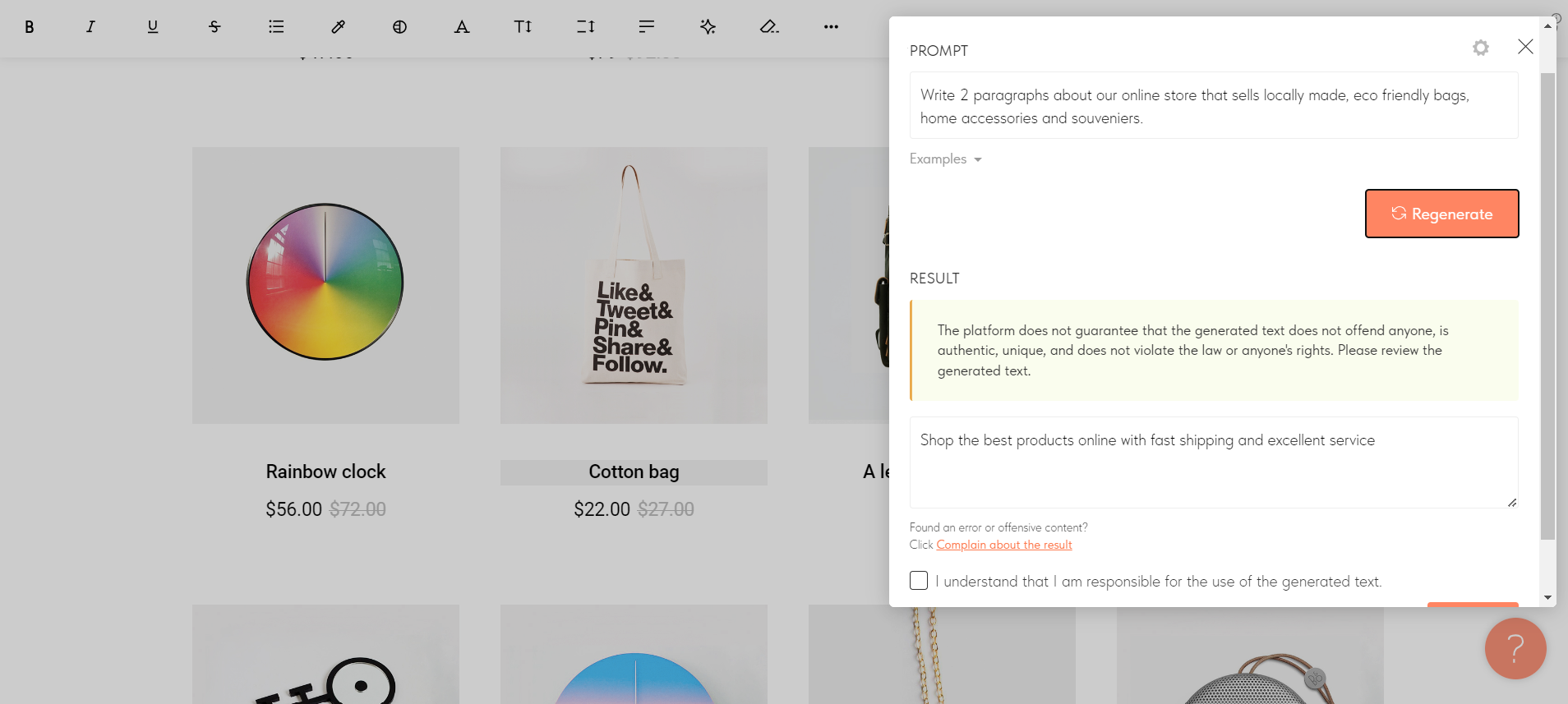
User Management
User ManagementAssesses the platforms’ capabilities in managing user roles, permissions, and accessibility.Score Components:
- Role Customization (40%): Flexibility in creating and defining user roles and
permissions. - Ease of Management (30%): User interface and tools for managing users.
- Access Control (20%): Effectiveness of access control measures for different user
levels. - Scalability (10%): Ability to manage a growing number of users efficiently.
 7.3
7.3
 5.2
5.2
🏆 Winner: Tilda
. Tilda and SubHub offer different approaches to user management.
- Tilda’s Collaborators feature allows adding teammates with either Full or Limited access. Full access enables collaborators to edit, publish, delete pages, view requests and statistics, and make changes to built-in website services. Limited access allows the project owner to specify what actions the collaborator can perform. This feature is available as a premium offering, and adding more collaborators requires additional payment, with costs adjusted based on previously paid periods. It applies to the entire account, not individual projects, and collaborators can be managed or replaced through the Site Settings.
- SubHub allows multiple user accounts, however the platform does not specify how many accounts are supported.
SubHub User Roles and Access Levels:
| Role | Description | Access Highlights |
|---|---|---|
| Administrator | Full access to the platform except for Homepage and Course Editor. | Can manage all aspects of the platform, including content, store, and member management. |
| Content Management | Focuses on managing and organizing content within the platform. | Can access and manage content-related features but does not have access to Homepage or Course Editor. |
| Store (access only) | Specializes in handling the platform’s store features. | Limited to store management functions; no access to Homepage, Course Editor, or member management. |
| Member Manager (access only) | Oversees member accounts, roles, and subscriptions. | Can manage members and their subscriptions but cannot access Homepage, Course Editor, or store management. |
| Origin Admin Email | The initial administrator with the highest level of access, including Homepage and Course Editor. | Exclusive access to Homepage and Course Editor, on top of what the Administrator role provides. |
Additional Features

|

|
|
|---|---|---|
|
SSL Certificate |
|
|
|
Custom Domain |
|
|
|
Free Custom Domain Included |
|
|
|
International Domains |
|
|
|
Mobile Responsive |
|
|
|
Page Speed |
|
|
|
Website Builder Mobile App |
|
|
|
Convert a Website To An App |
|
|
|
Website Analytics |
|
|
|
Multilingual Sites |
|
|
|
Multiple Users |
|
|
User Feedback
Tilda Publishing receives varied feedback from users, highlighting its strengths in offering a no-code, customizable website building experience with features like Zero Block for personalization and easy backend setup. Users appreciate its affordability, user-friendly interface, and responsive customer support. However, criticisms include buggy font customization, limited design elements, and instability in some of its features. Despite these drawbacks, many find Tilda beneficial for creating professional websites quickly and managing multiple sites under one plan, although some users advise caution due to issues with stability and customer support.
User feedback on SubHub presents a mix of positive and negative experiences, emphasizing the platform’s feature-rich environment and customizable templates. Users appreciate the flexibility and the quality of customer service, highlighting the platform’s continual updates and support as key benefits. However, some users express dissatisfaction with aspects such as the platform’s interface, lack of community features, and service fees for ticket resale. Concerns were also raised about the custom design service and mobile-friendly solutions taking longer than expected.
The making of this blog
We followed a clear, step-by-step process to write and research this article.
FAQ
Which platform is better for creating a visually appealing website, Tilda or SubHub?
Can I use SubHub for ecommerce?
Is Tilda a good option for building a membership site?
Which platform offers better customer support, Tilda or SubHub?
How do Tilda and SubHub compare in terms of pricing?










